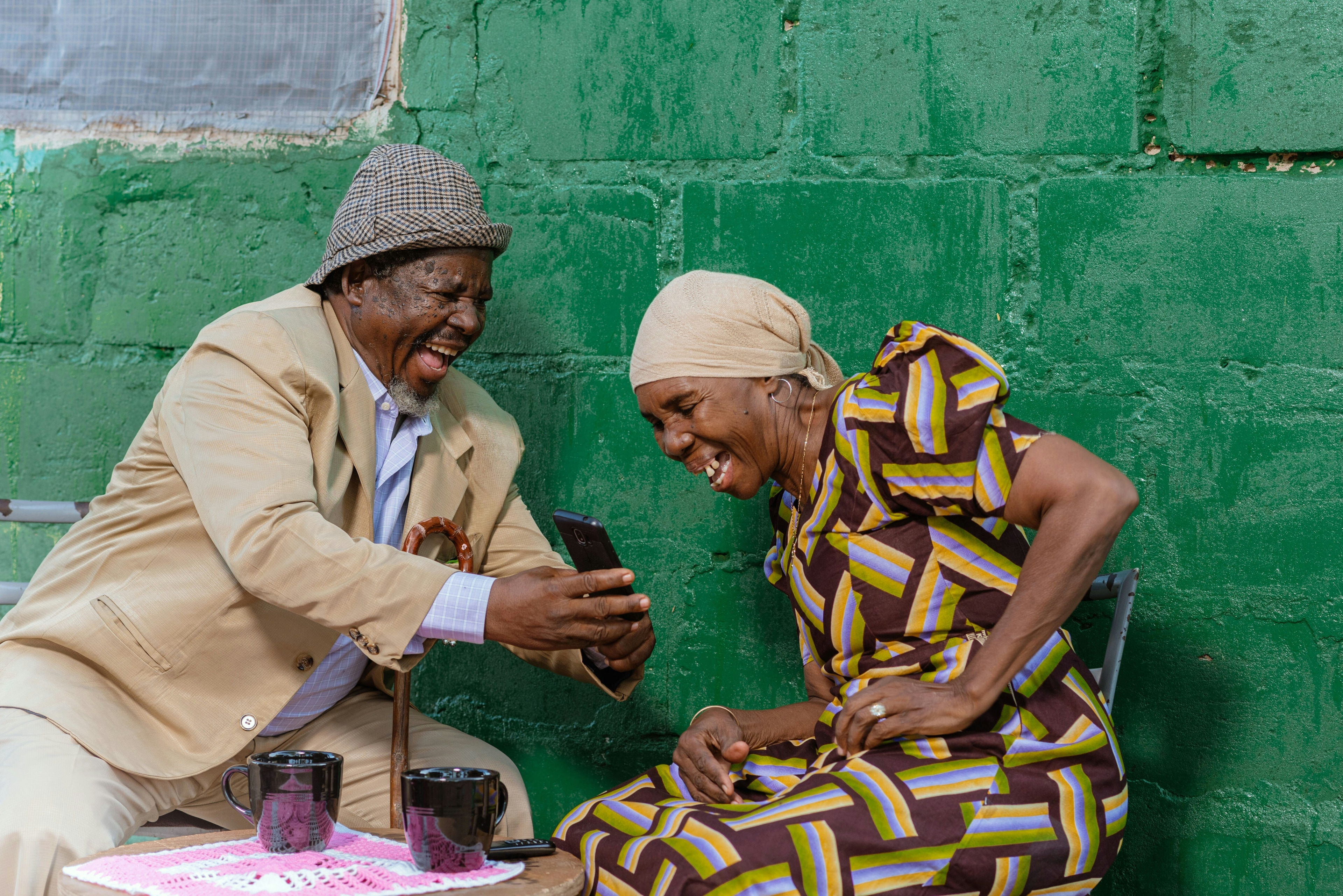'In my region people are dying because of climate change': One woman's urgent message to Davos

Urgent warning: Hindou Oumarou Ibrahim, president of the Association for Indigenous Women and Peoples of Chad Image: REUTERS/Denis Balibouse - RC2CKE9XCE9I
- Greta Thunberg and Hindou Oumarou Ibrahim are among powerful voices calling for urgent climate action at Davos 2020.
- The IPCC has warned we're not on track to keep warming within 1.5C.
- Indigenous people are already suffering the impact of climate change.
Indigenous people are dying because of climate change right now and cannot wait decades for the world to find a solution.
In a Davos session on Averting the Climate Apocalypse, an activist from Chad described how record-breaking global temperatures were wreaking havoc in her community.
"When they say the forest is burning it's not just the language of expression. It's our real home that's burning," said Hindou Oumarou Ibrahim, President of the Association for Indigenous Women and Peoples of Chad.
"Because indigenous people from all over the world - from Chad, Amazon, Indonesia - we're depending on these forests. They're our food, our medicine, our pharmacy, our education."

Pastoralists in Chad are fighting among themselves as droughts destroy their traditional way of life, she said.
"In my region in Sahel it's people who are dying, who are dying because of the climate change. When people talk about 2050, I'm like seriously, (until) 2050 there is no solution? We need it now. "
While indigenous people are bearing the brunt of a warming world, they could also hold the keys to a healthier relationship with nature.
"My grandmother is the best technology ever. She can predict the weather without a cellphone or internet." By observing everything from migration habits to weather patterns, people like her grandmother had a close and respectful relationship to the natural world, she said.
In the mist of an unprecedented wildfire, Australia is considering turning to aboriginal methods to prevent future conflagrations.
What’s the World Economic Forum doing about climate change?
At the end of the hottest decade within human history and with the IPCC warning that we are approaching the point of no return on catastrophic climate change, Hindou Oumarou Ibrahim is one of a number of voices sounding the alarm at Davos.
Earlier in the same session, teenage activist Greta Thunberg attacked the complacency that had allowed CO2 emissions to continue unchecked.
"We demand that at this year’s World Economic Forum participants from all companies, banks, institutions and governments:
Immediately halt all investments in fossil fuel exploration and extraction.
Immediately end all fossil fuel subsidies.
And immediately and completely divest from fossil fuels.
We don’t want these things done by 2050, 2030 or even 2021, we want this done now."
Don't miss any update on this topic
Create a free account and access your personalized content collection with our latest publications and analyses.
License and Republishing
World Economic Forum articles may be republished in accordance with the Creative Commons Attribution-NonCommercial-NoDerivatives 4.0 International Public License, and in accordance with our Terms of Use.
The views expressed in this article are those of the author alone and not the World Economic Forum.
Stay up to date:
SDG 13: Climate Action
Related topics:
Forum Stories newsletter
Bringing you weekly curated insights and analysis on the global issues that matter.






